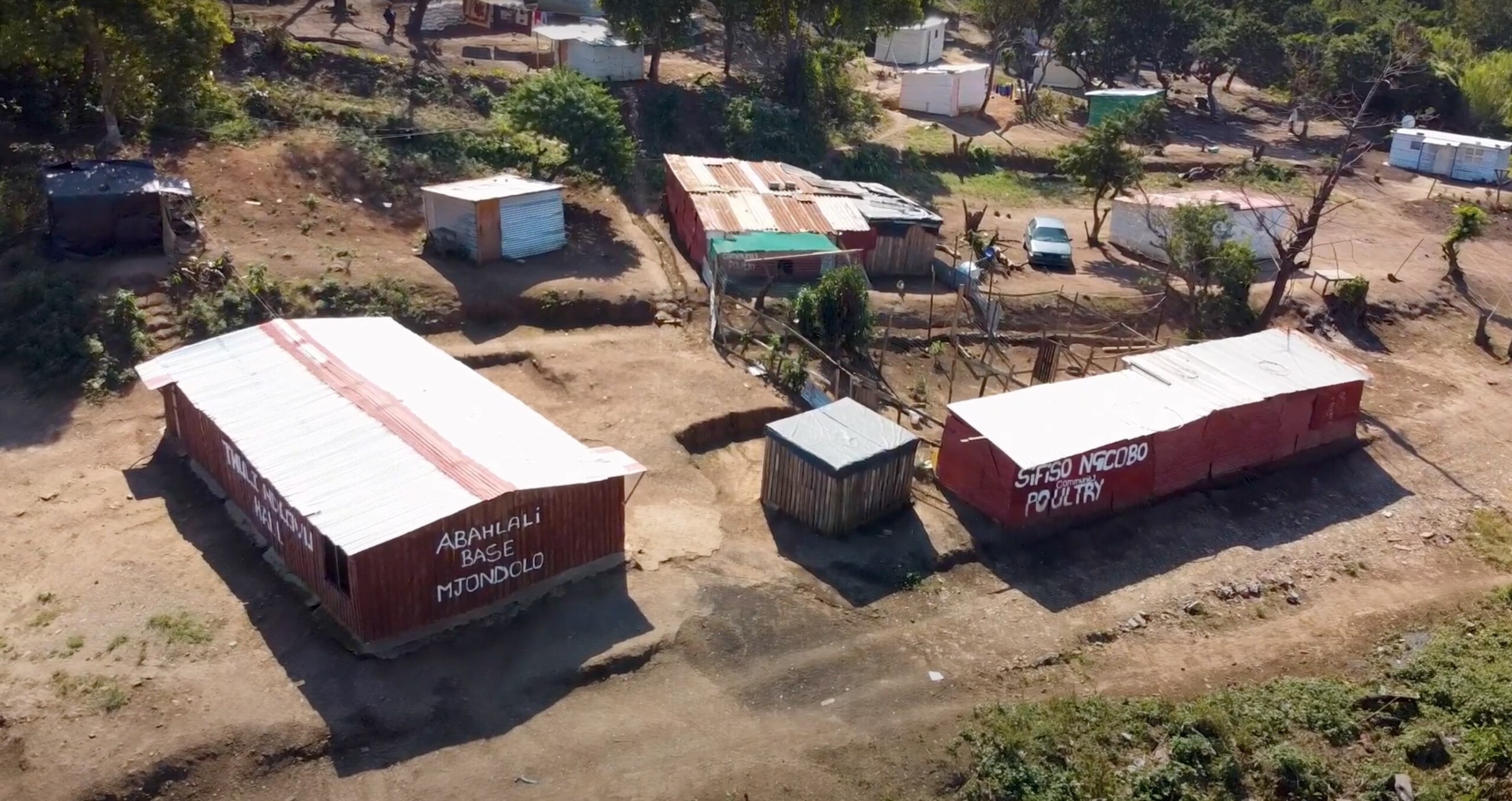Around the world, despite women and girls being amongst the groups who suffer the most in conflict-affected situations, they keep leading struggles for human rights in their communities. Over the past two years, dozens of ESCR-Net members engaged in cross-network discussions to develop the analytical report “Building sustainable peace. Transforming conflict-affected situations for women.” The report argues that in dealing with conflict-affected situations, it is vital to adopt an intersectional feminist approach via a human rights framework, and provides seven lessons and principles to guide the work in the field.
The human rights of people living in a conflict-affected situation, including economic, social, and cultural rights (ESCR) are affected by hostilities and high-intensity violence as well as more protracted conflict and situations of occupation. Depending on the characteristics of a conflict – its intensity, duration, target, and geography – ESCR violations can be direct and deliberate, as a means of warfare, or secondary, because of hostilities. Rights most affected include the right to an adequate standard of living – access to food, water, sanitation, and housing, as well as health, work and education, alongside civil and political rights to life, liberty and security and freedoms of expression, of movement and from torture, cruel, degrading and inhumane treatment, including sexual violence.
In conflict-affected situations, women are among the vast majority who experience job losses and lay-offs. Women continue to bear the burden of care work in general – including reproductive labor and childcare, care for sick people and older adults – which remains unaccounted for, made invisible, and unvalued. In conflict situations, caregivers often face extremely volatile and uncertain situations such as forced displacement or bombings, which can lead to high levels of chronic stress affecting their psychosocial wellbeing and their ability to care for those they are responsible for and for other vulnerable people. Access of women and girls to essential services has become even more challenging. As a result of migration and displacements spurred by conflict, economic necessity and other processes, many rural households are headed by women, yet they are not fully recognized. Sexual violence including rape is increasingly used as a method of warfare and a torture tool during the conflict. Despite this, women continue to be underrepresented in peace processes.
It is also important to recognize that women are not a homogenous group. Women and girls face different barriers and forms of discrimination based on their intersecting identities in each society. Issues such as class, citizenship status, sexual identity, race, religion, or other issues can become barriers to women in accessing their rights.


